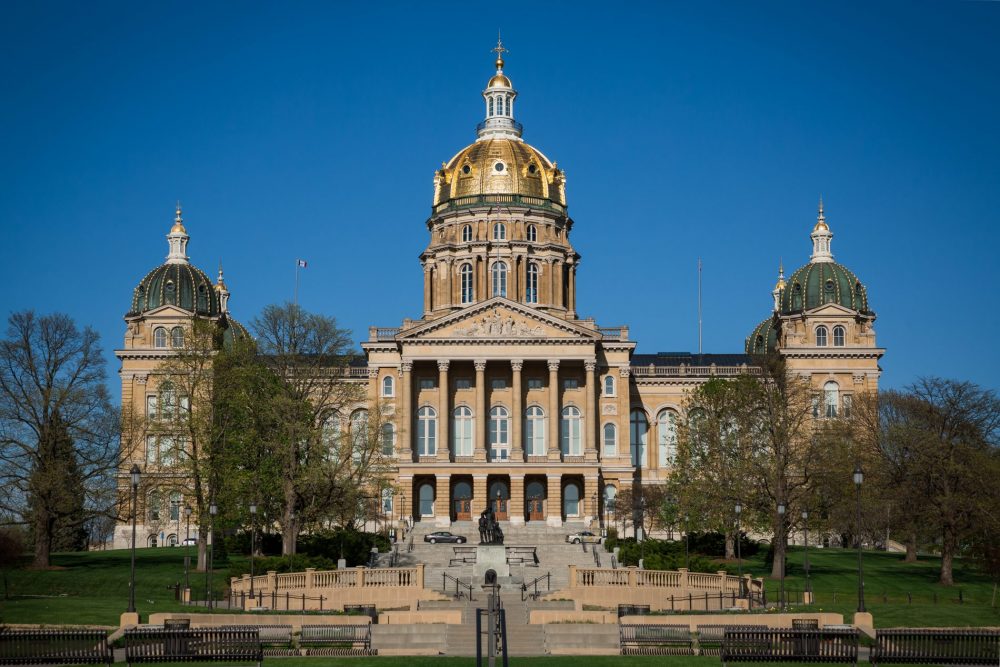Since the first modern Olympics were created in 1896 in Athens, Greece, people from numerous countries gathered every four years to showcase their athletic prowess and compete for the chance of a shiny gold medal. As the decades passed, the competition became bigger and bigger until it is now something the entire world drops what they’re doing to watch. Many sit to spectate as the opening ceremony unfolds under a starlit sky, the stadium buzzing with anticipation. Flags wave, crowds cheer, and the world’s best athletes take their places, ready to compete in a global showcase of talent and dedication. Or, at least, that’s what is supposed to happen. However, no one could have anticipated the series of disasters that would plague the summer 2024 Olympics over the next 19 days—not even the city of Paris, which was responsible for orchestrating this grand event. As the Games progressed, fans could only watch from behind their screens or in the stands as the drama and disorganization unfolded.
Paris, according to the Olympics website, said that they would be “reinforcing their commitment to sustainability.” They wanted to use 100% renewable energy sourced locally and double the amount of plant based food served in the dining centers in the Olympic Village, the residential complex where athletes eat and sleep for their stay in the city. While this sounds good in practice, it left the athletes frustrated when they realized what that renewable energy entailed.
Food was a major problem for the athletes, the push of the plant-based food diet not cutting it. They didn’t have enough calories or protein, something very important for keeping energy levels high for these top competitors. The Olympic Committee admitted to supply issues, meaning they couldn’t serve enough food to feed the athletes adequately. Some athletes allegedly also came forward and complained that the protein that was served was raw.
Many took to social media to share behind the scenes of the disarray of Olympic Village. Abbey Weitzeil, an American swimmer, shared a TikTok video detailing her experience with food in the village, where the dining center had run out of bread, prompting her to get creative with her sandwich. Raven Saunders, a shot put athlete for the American team, posted a TikTok with the caption saying “eating at the Olympic Village be like” while holding an unrecognizable and charred piece of food. The Great Britain athletes even said they left the village all together when it was meal time, opting for relying on restaurants in Paris to give them the energy they needed.
The dining centers weren’t the only issue for the athletes. Sticking to renewable energy, the lodging for the competitors didn’t have air conditioning, leading to the room temperatures being almost 80 degrees fahrenheit. The beds were also poor, the frames being made out of cardboard and small for some athletes. A Georgian powerlifter named Lasha Talakhadze went viral after uploading a video of him sitting on the small bed, making fun of the fact that it felt more like a chair than a bed with the size being compared to his large frame.
The troubles were not confined to the Olympic Village. The most significant issue was the contamination of the Seine River, which was to host the swimming portion of the triathlon. According to Time, officials undertook an ambitious plan by using 1.4 billion euros ($1.5 billion) in infrastructure improvements to clean up the polluted Seine for the swimming portion of the triathlon event, a multi-sport endurance of swimming, biking, and running. The cleanup started in February, but with the river expanding 481 miles, the time frame was not enough to 100% ensure the safety of the water. Claire Michel, a Belgian competitor, fell ill after practicing for her event in the river. Although it’s unsure if the water is to blame, the levels of bacteria had risen due to rain during the span of the Olympics, causing the triathlon to be postponed. Even when the water was deemed safe to swim in a few days later, many competitors were still wary of putting themselves at risk for getting sick.
Controversies also surrounded the Games, including accusations of cheating and eligibility. The women’s boxing event became a focal point of debate after Algerian boxer Imane Khelif’s 46 second decisive victory over her first opponent, Angela Carini. Khelif’s performance led to claims on social media, including from high-profile figures like former U.S. President Donald Trump and author J.K. Rowling, questioning her eligibility due to alleged biological advantages and accusing her of being transgender from male to female. It was later confirmed that Khelif was not transgender, but the debate over her testosterone levels and her qualification to compete continued. Despite the criticism, Khelif’s former coach, Mustapha Bensaou, noted on NBC New York that the scrutiny only fueled her determination to win. Khelif ultimately won gold, a triumph that not only achieved her own goals but also inspired other Algerian girls.
The difficulties encountered during the Summer 2024 Olympics overshadowed the achievements of the athletes and highlighted the intricate nature of managing such a grand event, and if handled incorrectly, could lead to disaster. Going forward, cities hosting the Olympics should learn from the challenges faced in Paris and ensure that the Olympics remain a celebration of global unity and athletic excellence instead of disorganization and hate.








